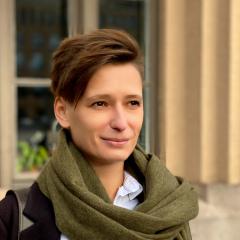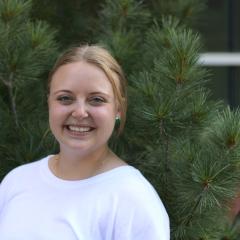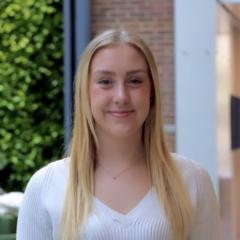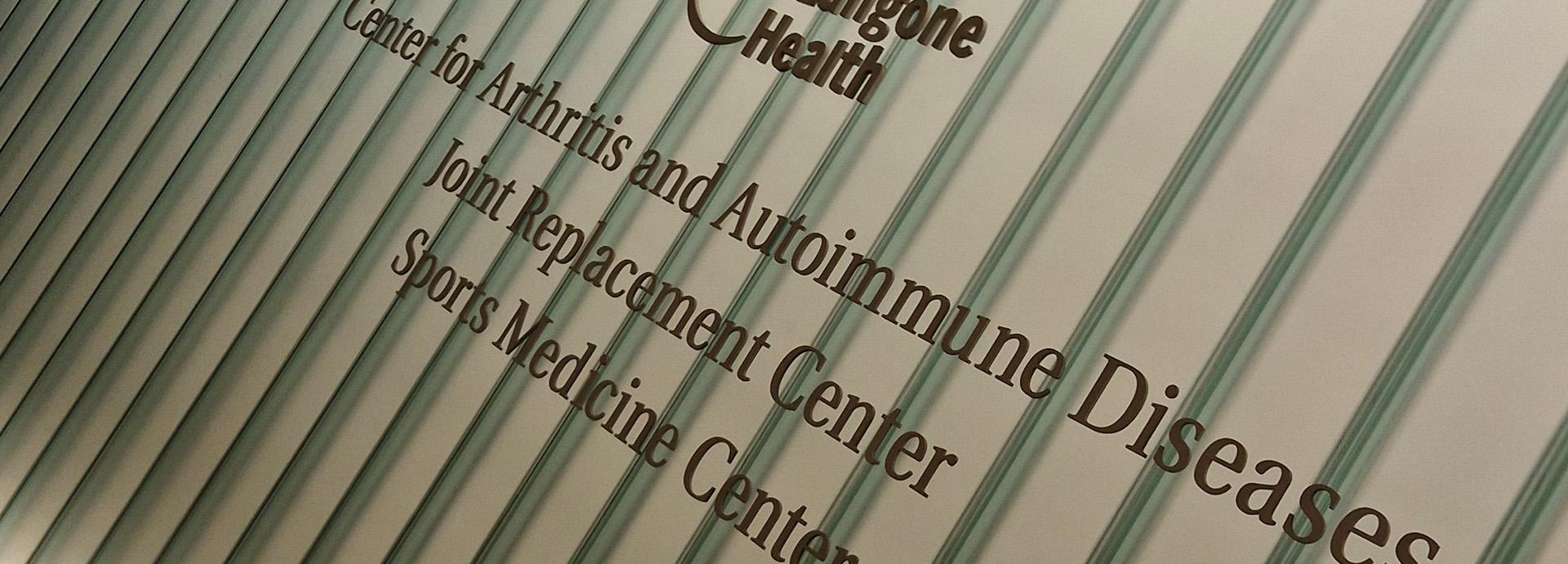

Sensitivity note: the text below is deeply personal, but I felt it was important to share it with those who doubt if their health can be a dealbreaker for their Fulbright term in the U.S.
When you divide your tuition fee by lectures per semester, you’ll get a numeric reason not to skip classes. Well, not only is it expensive, but classes are also super interesting. So, when I woke up one beautiful Friday with a horrible fever, I took a handful of paracetamols and headed for my 2 pm lecture. Bad, bad decision…
Stick With Instructions
From the beginning of Fulbright Finland Foundation’s pre-departure orientation, we were continuously reminded that the ASPE insurance provided by the Fulbright Program was not a primary insurance plan. At the same time, the university enrolled all students into their insurance plan automatically – with a possibility to waive from it by showing other insurance, if you had one. I didn’t, and since I’m not a paperwork person, I just went with automatic options after reading that NYU has its very own health center and their services are fully covered by the recommended insurance plan.
I know we normally don’t plan that our health will be ruined in a short period of time. Though that can happen. My primary care physician spent more than an hour with me on my first visit, genuinely interested (!), and before I left, she made sure that:
- I have an appointment booked with a psychiatrist soon to attend to my mental health
- Reasons for my anemia are going to be investigated
- I understood the information she provided me with regarding my shoulder joint problem
- I have referrals for specialist appointments, and I know how to book them
Basically, during my first visit she developed a plan for all the things which had bothered me for a while. She also informed me that my insurance will cover my shoulder joint surgery even if it was a pre-existing condition, and my co-pay could be as small as around USD 2 000.
After two weeks, I had all the MRI’s and bloodwork done and the surgery day was scheduled. To compare: before that, I had dealt with my private insurance in Finland about that surgery for 6 months with no result.
They Are Not Mean
New Yorkers tend to say they are known as mean people. Compared to what I have seen in different countries, including Europe, New Yorkers are one of the politest societies in the world – and I have a dramatic story to prove it.
Back to that Friday: I suddenly fainted in the subway. A lady helped me off the train, and I landed on the station floor trying to stay conscious – with little success. After less than a minute, I had at least five people around me: one holding my hand to relieve my panic attack (I could barely breathe and the chest pain was just horrific), one swinging my hoodie to create an air flow, one calling an ambulance (I insisted there was no need but… I couldn’t get up), and one making sure I wouldn’t be bothered by onlookers.
In the emergency room, they took all the tests, and I walked away after 2 hours with a diagnosis of bacterial pneumonia and antibiotics. The shoulder surgery planned for the upcoming Monday was postponed for two weeks.
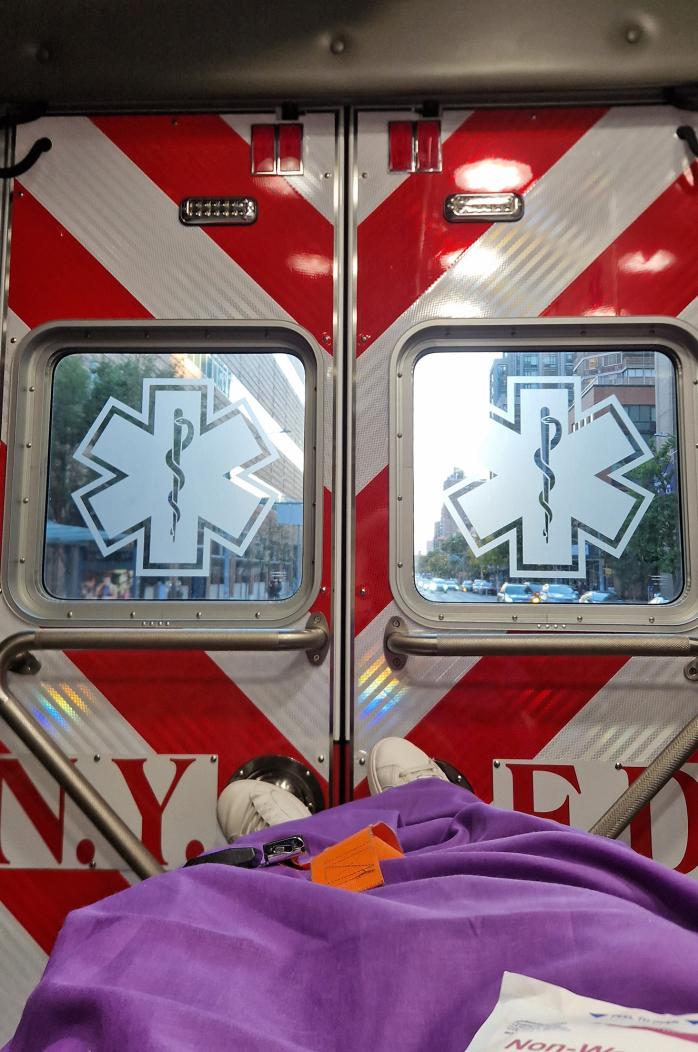
Did they ask for my insurance card? Yes, everywhere. However, it didn’t mean they were to call for pre-authorization, they just took the information down. Entering the hospital, I signed the papers stating that I am okay with hospital people dealing directly with my insurance copany. That’s it.
All in all, this visit cost around USD 8 000. What was left as my co-pay amount was around USD 500, but there came the nicest part: ASPE stepped in as my secondary plan and paid for all the rest. The ambulance ride costs were around USD 1 500 and was fully covered by my primary insurance. Ah, and yes: I didn’t pay a single penny for the medications delivered to my closest pharmacy.
The only thing I regret is that I didn’t ask for that man’s contact info who insisted on calling the ambulance.
Better Than I Thought
My shoulder surgery went well, and I was released from the hospital on the same day after the doctors made sure I was leaving with a friend taking care of me.
Some days before the surgery, I needed to pick up my shoulder sling and soft gel ice packs. Painkillers were sent to my pharmacy also before the surgery. The doctor called me the next day asking how I was doing. Though usually the first 48 hours post-op are the most painful ones, on Wednesday at 6 pm I already attended a lecture.
Price outcome? My primary insurance covered invoices for approximately USD 150 000, leaving about USD 4 000 for my responsibility. And there ASPE stepped in again, so I got everything for free. Including 4 months of post-op physiotherapy twice a week.
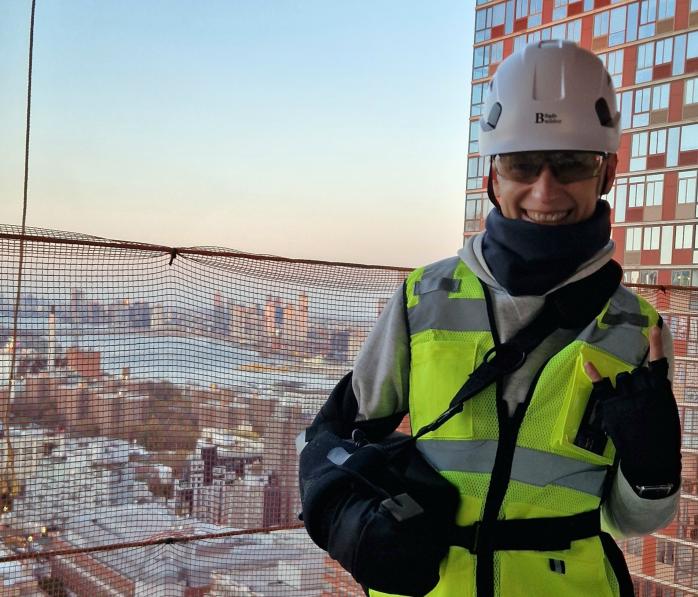
Maintaining and Preventing
My current impression of the system is that it works better than anywhere else I used to live. Some notes though: I don’t pay taxes here, my insurance is made specifically for students and is quite cheap compared to what is available, and I have ASPE as my secondary plan.
Here in the U.S., I think insurance companies are serious about prevention and about maintaining care to avoid bigger costs in the future. For dental health, there are separate plans (and I don’t have one), but in this topic the instructions are the same globally: go get professionally cleaned at least twice a year, stick with teeth hygiene routines, and be happy.
To back up why I think they are so prevention-focused here in the U.S. is that at this moment, in addition to my primary care physician, I have three specialists (all from the NYU health center and fully covered by insurance) working with me toward the same goal: to eventually get back to normality without medication.
To conclude: I guess I was lucky with all the medical personnel I came across, and I am also happy that it wasn’t made difficult at all – because we tend to give up taking care of ourselves if getting help is made too difficult. Here in the U.S., in 7 months, several issues have been addressed, and the most severe ones are also followed up on. Interestingly, this is one of the reasons I’m not in a rush to go back to Europe.
Thank you for reading this, stay happy and healthy. And if there is something I could help with, or support, or give some advice – don’t hesitate to hit me with an email. Sometimes life is just tough, and we’re here to support each other, after all.
This is the fourth post in a blog series by ASLA-Fulbright Graduate grantee Lada Sokolova. Read the previous blog posts:
